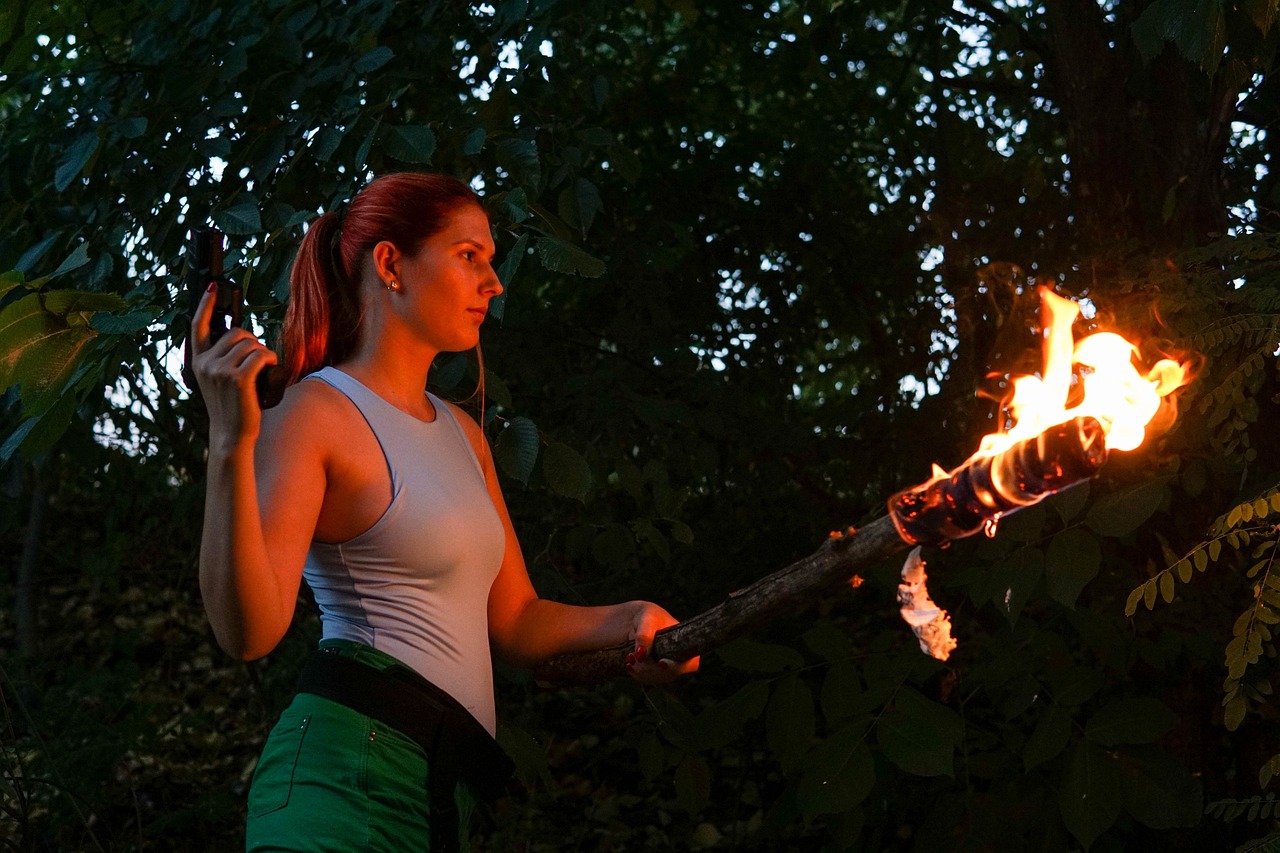Why British people call torches flashlights

Ever wonder why British people call torches instead of flashlights? It's interesting how language changes in different places. In the UK, "torch" comes from history when lights were burning sticks. In the U.S., "flashlight" shows it's a battery-powered light. These differences show how languages change and reveal cultural stories. So, when you hear "torch," remember there's more to it than you think.
Historical Background
Where "Torch" Comes From
Old Times Use
It's cool to know that "torch" is an old word. Long ago, people used sticks with fire on one end to see in the dark. These burning sticks were important for night events and rituals. Over time, "torch" meant any light you can carry.
Change in British English
In Britain, the word "torch" changed over time. When small electric lights came out, Brits called them "electric torches." This showed the move from fire torches to electric ones. Later, they just said "torch," which Americans call a flashlight. This shows how words change with new inventions. Evolution of Flashlights
How "Flashlight" Started in America
New Inventions
In the U.S., flashlights were a big step forward. They were invented in the late 1800s and gave a new way to light up dark places. Unlike old torches, flashlights used batteries, making them safer and easier to use. So, Americans started using the word "flashlight," showing it could make quick flashes of light.
Becoming Part of American Life
Look at American life and you'll see how common "flashlight" is now. Flashlights are needed for camping, emergencies, and night fun. They're easy to use and found in many homes. The word "flashlight" shows both new tech and how much people like this useful tool.
Language Differences
British vs. American Words
Different Words
British people say "torch" for a light you carry. In America, "torch" can mean something that burns. These words show how cultures and languages change.
American and British English are not the same. They have different sounds, rules, and spellings. Noah Webster wanted American English to be simpler than British English. He changed spellings like "colour" to "color."
Culture Changes Language
Culture shapes how we talk. After World War II, American movies and products influenced Britain. This brought new words into British English.
British people use "flashlight" because of these changes. Words show our history and cultural exchanges.
Examples
Other Word Differences
There are more word differences between Britain and America. Brits say "biscuit," Americans say "cookie." These changes make language interesting.
Brits have special words for things they use every day too. These differences make language fun and varied.
Talking Clearly
These word differences can confuse people sometimes. Knowing them helps us talk better with others from different places.
Learning these differences helps us understand language better. It shows why Brits call torches flashlights, mixing history and culture.
Bigger Language Differences
Learning why Brits say "torch" instead of "flashlight" is interesting. Let's see how language changes in different places.
How Words Sound
Different Accents
Accents are not the same in Britain and America. In the UK, accents change a lot from town to town. This makes language rich and varied. When Brits say "torch," it might sound different depending on where you are.
Sound Differences
Sounds in words can be different too. British English uses other vowel sounds than American English. Like, the "a" in "dance" sounds different there. These sound differences show why Brits call torches what they do, showing unique regional traits.
Rules and Spelling
Common Changes
Grammar and spelling have clear differences too. British English keeps old spellings like "colour." American English changes them to "color." These differences help explain why Brits use a name for torches that feels old and historical.
History's Role
History made these changes happen. British English changed over time with invasions and trade. When Brits call torches by their name, it shows history mixed with new ideas.
Knowing these helps you see why Brits say torch instead of flashlight. Language always changes and grows. Enjoy these differences to connect more with cultures they show.
Language differences make the world interesting. It's not just words; it's about culture, history, and who we are. When we accept these differences, we learn new things and hear new stories.
"Language shows a culture's path. It tells us where people have been and where they are headed."
By understanding how language changes, like why Brits say "torch" instead of "flashlight," we enjoy how people express themselves. Let's value these differences and learn from them.
See Also
Light Up Your Camping Trips: Lanterns vs Flashlights
Law Enforcement Flashlight vs Standard Flashlight: Which Wins?
Explore Various Kinds of Flashlights
